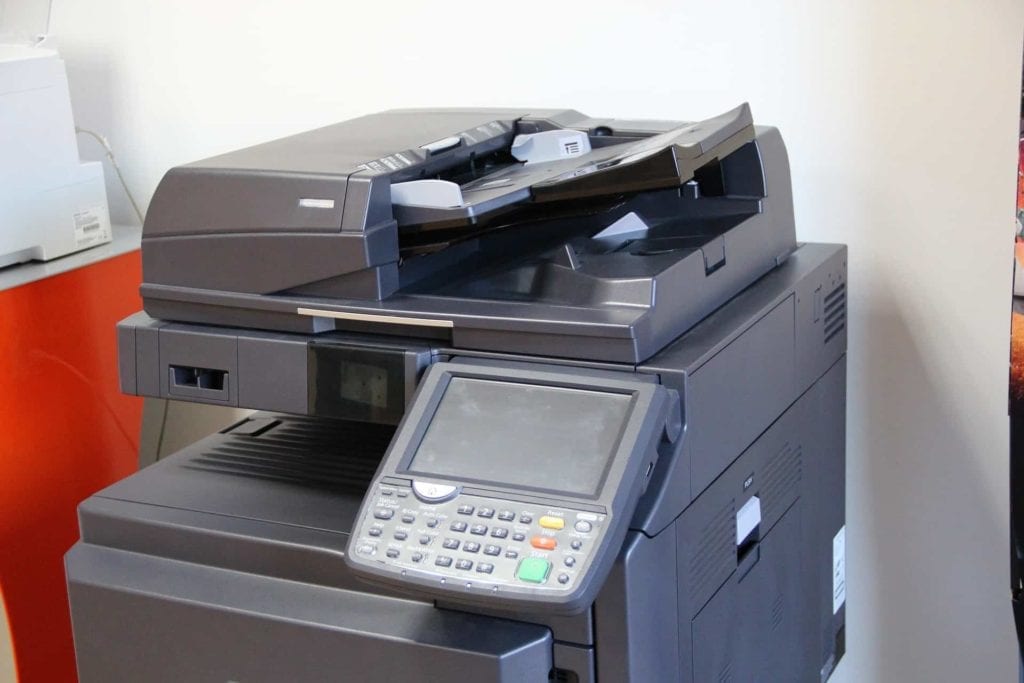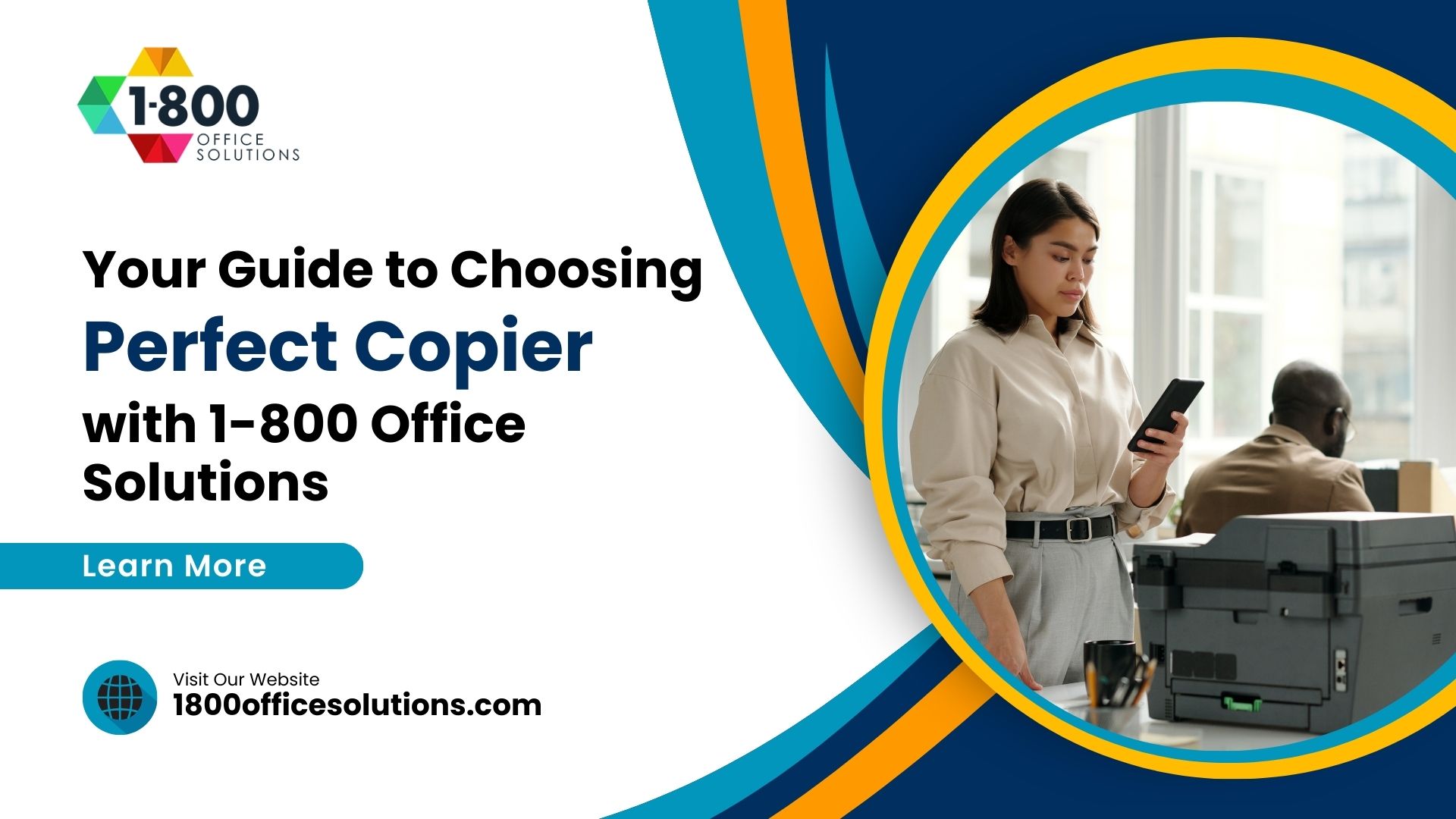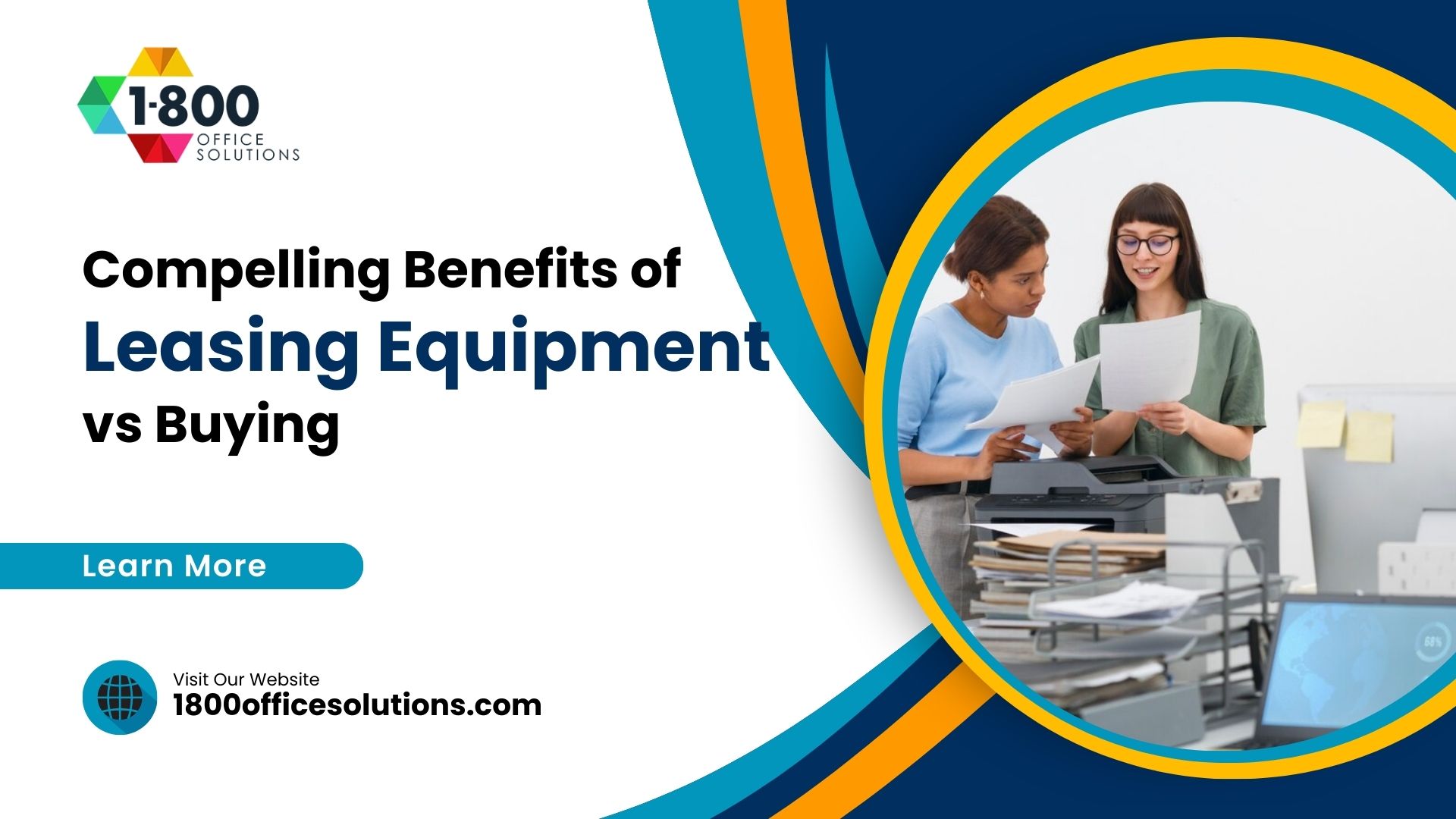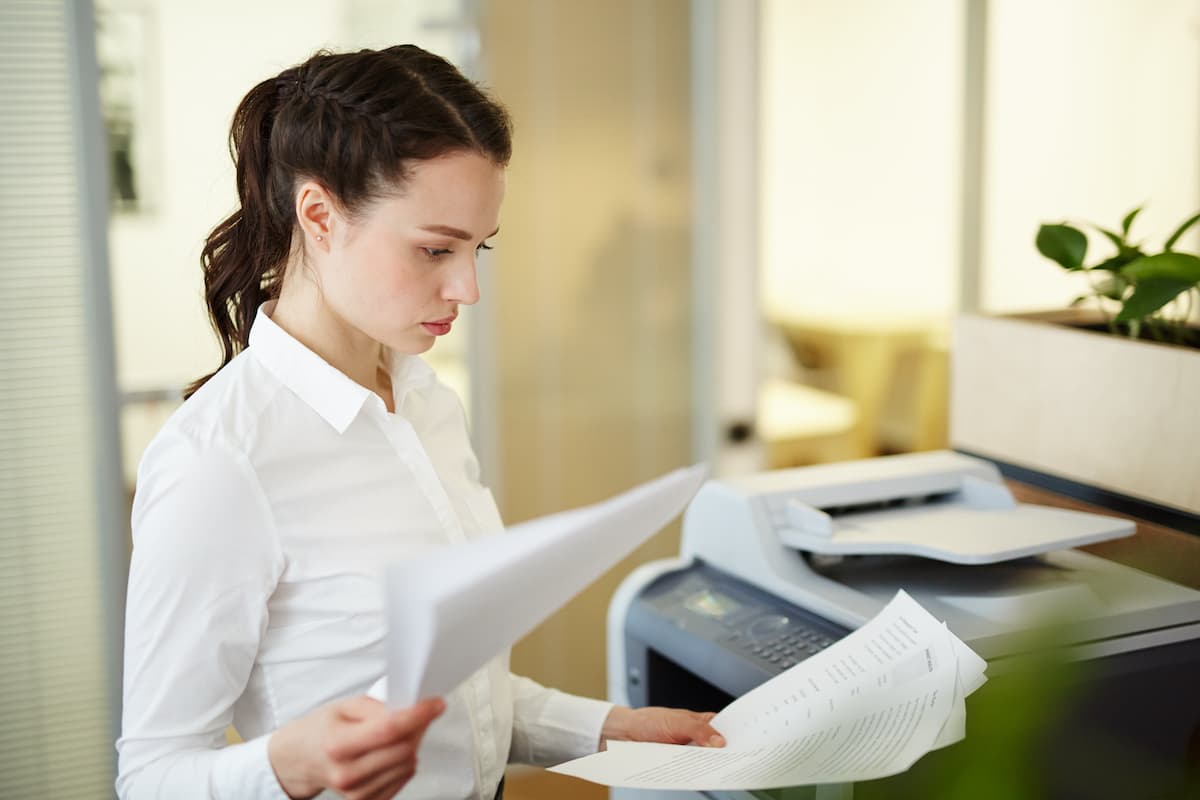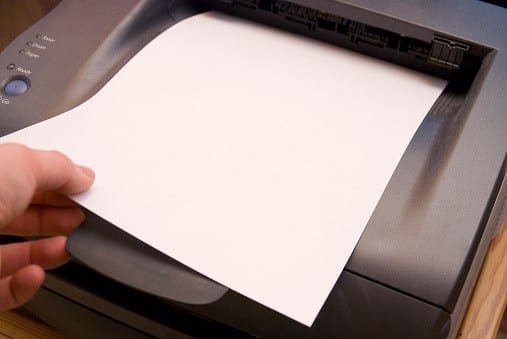Renewing Copy Machine Lease: The Dos and Don’ts That Might Surprise You
Introduction
In business, copiers play an essential role in daily operations. The concept of renewing a copy machine lease is not new but has evolved significantly over time. Understanding the dos and don’ts of this process is crucial for any organization. Renewing copy machine lease can be a strategic move, allowing access to the latest technology without the hefty upfront costs of purchasing.
However, it also comes with its challenges and pitfalls. Knowing what to expect and how to navigate the renewal process can save time, money, and frustration. Whether you’re a small business owner or manage a large corporation, the decision to renew or buyout a copier lease requires careful consideration and planning.
Understanding Renewing Copy Machine Leasing
The history and evolution of copier leasing date back to the early days of office equipment. As technology advanced, the need for efficient and reliable printers and copiers grew. Leasing became a viable option for businesses to acquire these essential tools without a substantial initial investment.
- History of Copier Leasing: Initially, copiers were expensive and out of reach for many businesses. Leasing emerged as a solution, allowing companies to use the latest technology without owning it. Over time, leasing terms and options have become more flexible, catering to various business needs.
- Common Terms and Conditions: Understanding the terms and conditions in a lease agreement is vital. These may include the lease term, maintenance coverage, upgrade options, and penalties for early termination. Understanding Copier Leasing vs. Buying provides a detailed comparison of leasing and buying copiers, including common terms and conditions.
Pros and Cons of Leasing Copy Machine
When it comes to leasing a new copier, there are several pros and cons to consider. Your lease provider and the specific terms of the agreement can significantly impact your experience.
Pros of Leasing:
- Lower Upfront Cost: Leasing a copier requires less initial investment compared to buying. This allows businesses to allocate funds to other essential areas without compromising on the quality of office equipment.
- Upgrade Options: With a lease, you have the flexibility to upgrade to a newer model at the end of the term. This ensures that you always have access to the latest technology, keeping your operations efficient.
- Maintenance Coverage: Most lease agreements include maintenance coverage. This means that the lease company is responsible for repairs and servicing, reducing the burden on your business.
- Tax Benefits: Lease payments are often tax-deductible, providing financial advantages. It’s essential to consult with a tax professional to understand how this applies to your specific situation.
- Stable Payments: Leasing offers stable monthly payments, allowing for better budgeting and financial planning. Unlike loans, the interest rates are fixed, ensuring consistency throughout the lease term.
Cons of Leasing:
- Required Lease Period: Most leases come with a mandatory lease period, usually ranging from 2-5 years. This can be problematic if your business needs change, and you no longer require the copier.
- Strict Contract Terms: Lease agreements can have inflexible terms that might not align with your business needs over time. Understanding and negotiating these terms with the lease provider is crucial.
- No Option to Sell: Since you don’t own the copier, you can’t sell it to recover costs. This lack of ownership can limit your options, especially if you decide to change your office equipment.
- Higher Overall Costs: While the initial costs may be low, the accumulation of lease payments over time, combined with interest rates, may result in higher overall costs than purchasing. Pros and Cons of Buying vs Leasing a Copier offers a comprehensive analysis of these aspects.
The decision to lease a copier involves various factors, including the lease term, renewal options, buyout considerations, and the type of toner used. By understanding these elements and working closely with a reputable lease provider, businesses can make informed decisions that align with their needs and budget.
Whether it’s an upgrade to the latest model or a strategic renewal of an existing lease, the choices made today can have lasting impacts on the efficiency and success of your operations.
Advanced Insights and Practical Tips
Advanced Insights into Leasing
Leasing a copy machine has become a common practice for businesses looking to access the latest technology without the financial burden of purchasing outright. However, like any financial decision, it comes with its benefits and drawbacks.
Leasing Benefits:
- Lower Out-of-Pocket Expenses: Choosing to lease rather than buy a copier can significantly reduce initial costs. This allows businesses to invest in other areas, such as new equipment or marketing, without compromising on essential office technology.
- Flexible Commitment: Leasing offers the flexibility to trade in your old copier for a new machine at the end of their lease. This ensures that you always have access to the latest technology without being tied to depreciating assets.
- Tax Benefits: Leasing payments are often tax-deductible, reducing the overall cost of the copier. This financial advantage can be a significant factor in the decision to lease or buy. It’s best to consult with a tax professional to understand how this applies to your situation.
Leasing Drawbacks:
- Additional Costs: While the initial outlay may be lower, leasing company’s terms and conditions may include hidden fees or additional costs. Understanding the lease contract and all associated expenses is crucial to avoid surprises.
- Locked Lease Periods: Most copier leases have fixed terms, usually ranging from 2-5 years. If your business needs change, getting out of a copier lease early can be challenging and costly due to early termination fees.
- No Immediate Ownership: When you choose to lease, you don’t own the machine outright. This means you can’t sell it down the road or use the machine as collateral for business loans.
Practical Tips for Renewing Copy Machine Lease
The decision to renew your copier lease or opt for a new lease requires careful consideration. Here are some practical tips to guide you through the process:
- Understanding Your Needs and Budget: Assessing your current and future needs is the first step in deciding whether to renew or sign a new copier lease. Consider factors like the volume of printing, the need for color printing, and any specific features required. Aligning these needs with your budget ensures that you make the right decision without overspending.
- Evaluating the Contract Terms: Before committing to another lease, review the terms and conditions of your existing lease. Look for any hidden fees, the cost of the copier, and the fair market value at the end of your lease. Understanding these details helps you negotiate a favorable copier lease agreement.
- Exploring Upgrade Options: If your current copier is outdated or lacks essential features, it may be time to upgrade to a new machine. Discuss with your copier provider the options available for trading in your old equipment and the delivery of the new one. This ensures a smooth transition and alignment with your business needs.
- Considering Maintenance and Tech Support: Maintenance and technical support are vital aspects of any lease agreement. Ask your copier provider about the service contract, regular lease payments, and what happens at the end of the lease. Ensuring that you have robust support can save time and frustration down the line.
Whether you’re switching providers, considering a new office, or simply renewing copy machine lease, understanding the intricacies of copier leasing is essential. From the initial decision to lease or buy to the final return authorization of the copier or printer, every step requires careful consideration. If you’re keen to learn new technologies, increase monthly cash flow, or simply need a copier that fits your current needs, the options are vast.
Reach out to us or check out our article on how to get out of a copier lease without losing much money to help you save money and make the right decision. Remember, there’s no right or wrong answer, but understanding your unique needs and working closely with a reputable provider can ensure that your decision is the right one for your business.
What People Also Ask
What happens at the end of a copier lease?
At the end of a copier lease, you typically have several options. You can choose to return the copier, renew the existing lease, or purchase the machine outright. Some leasing companies may offer a trade-in for a new model. It's essential to review your lease agreement and communicate with your leasing company well before the lease expires to understand all available options and procedures.
How can I get out of a copier lease without losing money?
Getting out of a copier lease without losing money requires careful planning and negotiation. Start by reviewing your lease agreement to understand the terms and any early termination fees. Communicate with your leasing company to explore options such as transferring the lease or negotiating a buyout. Consulting with a legal or financial expert can also provide guidance tailored to your specific situation.
Is it better to lease or buy a copier for my business?
The decision to lease or buy a copier depends on various factors, including your budget, business needs, and preferences for technology upgrades. Leasing offers flexibility and lower upfront costs but may result in higher overall expenses over time. Buying provides ownership and potential tax benefits but requires a significant initial investment. Carefully evaluating your business's unique needs and consulting with financial professionals can help you make the most informed decision.
Conclusion
Renewing copy machine lease is a decision that carries significant implications for businesses of all sizes. The process of leasing or buying office equipment, particularly copiers, has evolved to offer flexibility, financial benefits, and access to the latest technology. However, it also comes with challenges and potential pitfalls that require careful consideration and planning.
- Evaluate Your Needs: Assess your current and future business needs to determine whether renewing copy machine lease, upgrading to a new machine, or purchasing the copier outright is the best option.
- Read the Fine Print: Understand the terms and conditions of your existing lease agreement, including any hidden fees, early termination penalties, and end-of-lease procedures.
- Consult Professionals: Engage with financial, legal, or leasing experts to ensure that you fully understand the implications of your decision. This can save time, money, and potential legal challenges down the road.
- Communicate with Your Provider: Maintain open communication with your copier provider to negotiate favorable terms, explore available options, and ensure a smooth transition, whether renewing copy machine lease, upgrading, or ending the lease.
Finally, the decision to renew a copier lease is multifaceted and requires a strategic approach. By understanding the intricacies of leasing, evaluating your unique business needs, and working closely with reputable providers and professionals, you can make a decision that aligns with your goals and budget.
Whether you are satisfied with your current copier or keen to explore new technologies, the choices made today can have lasting impacts on the efficiency and success of your operations. Make the right decision, like resetting the clock and starting over with a fresh perspective, to ensure that this essential aspect of your business supports your growth and success.




